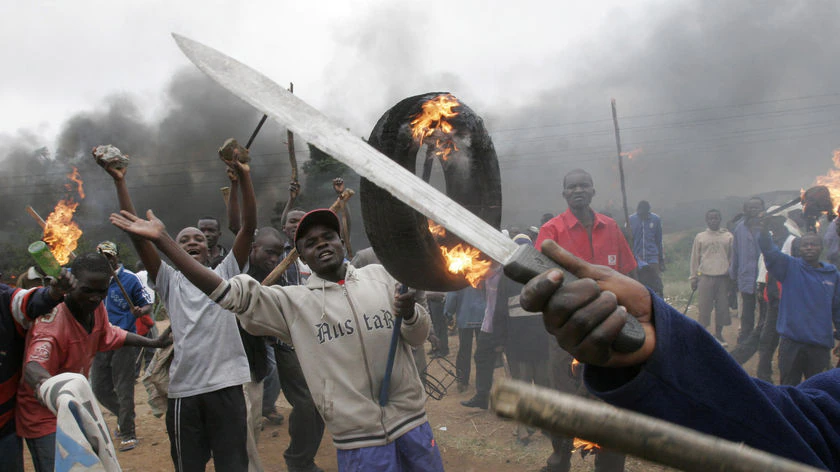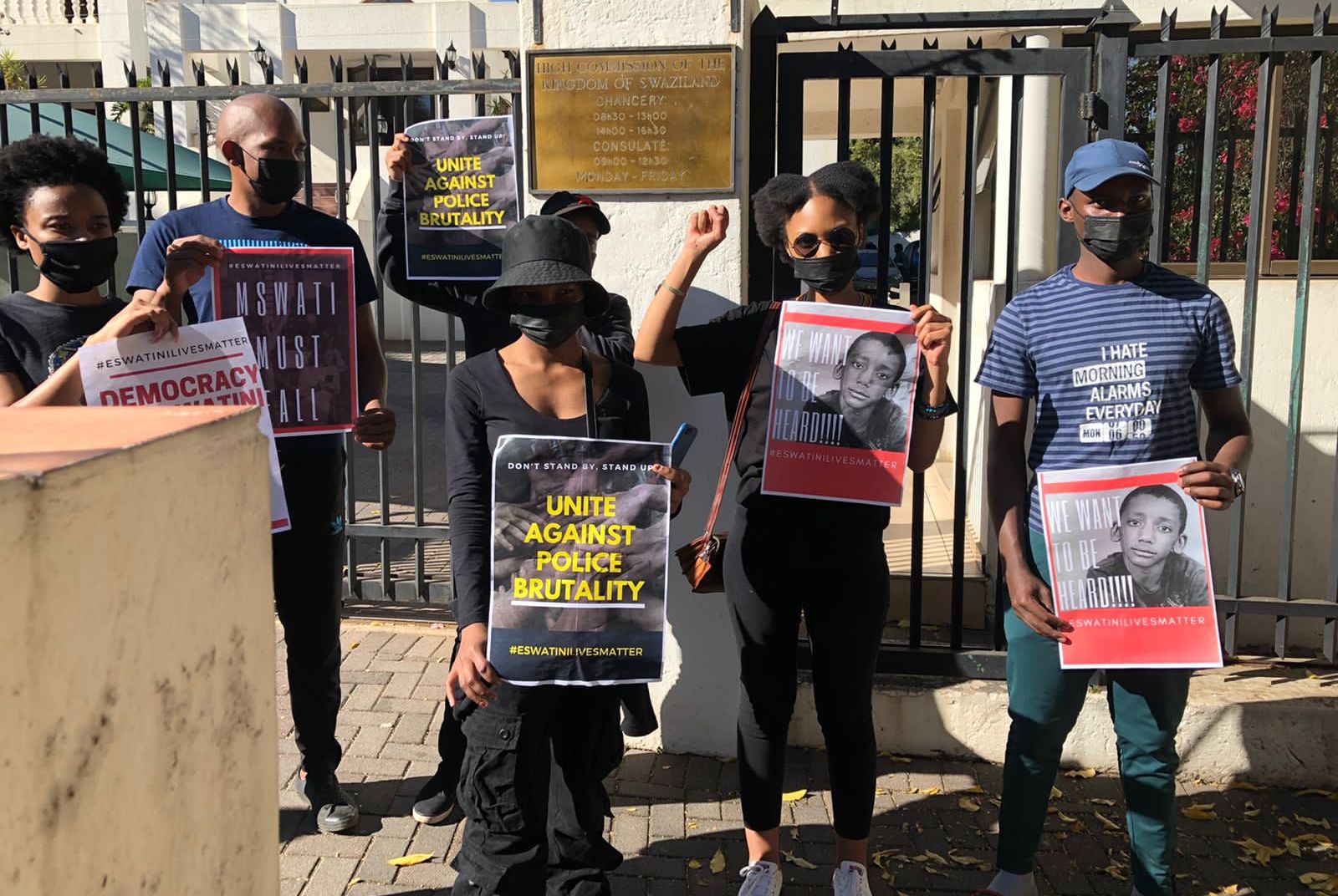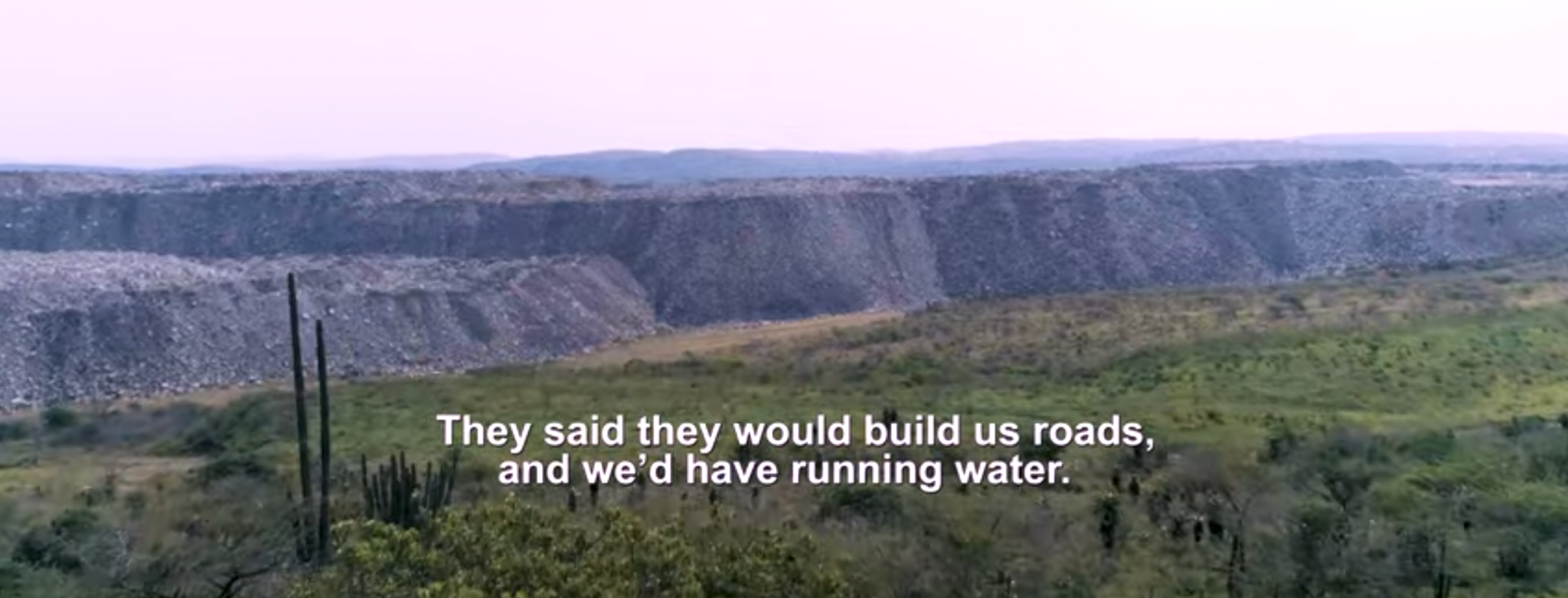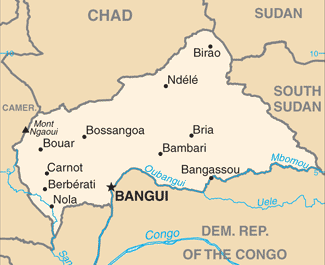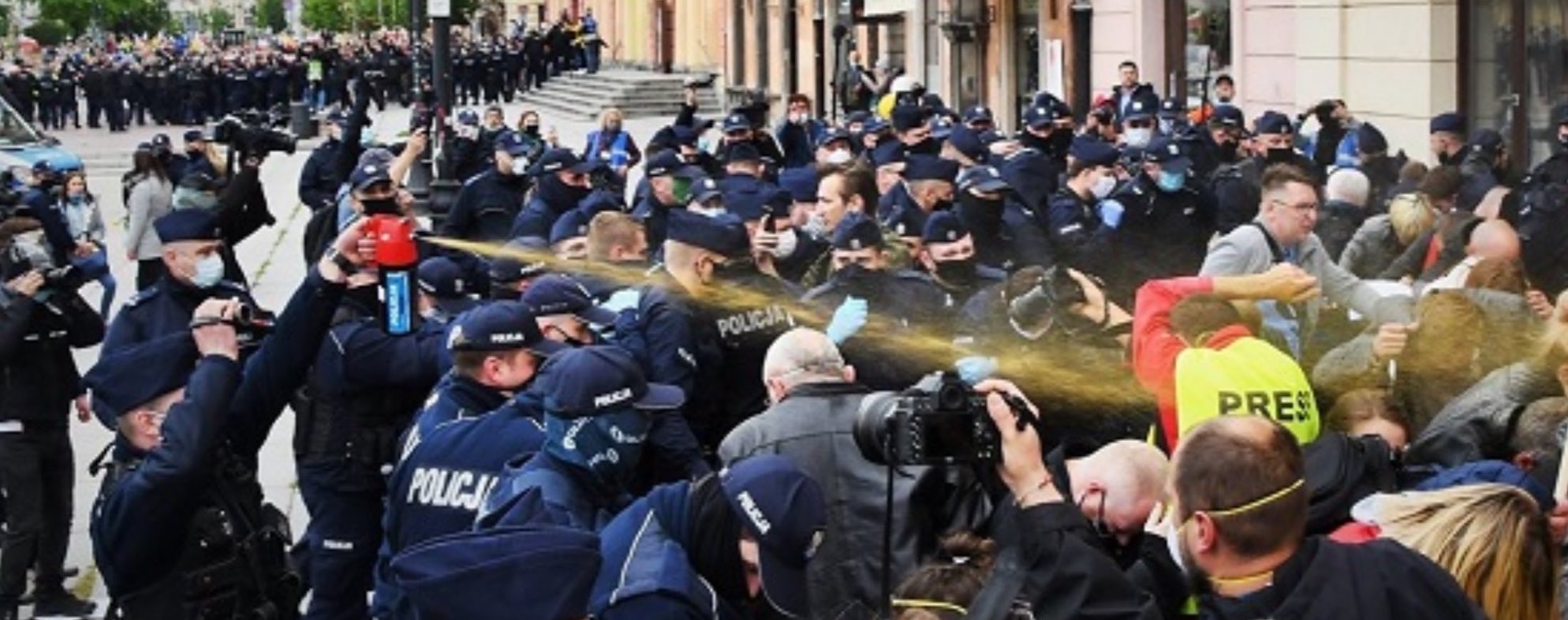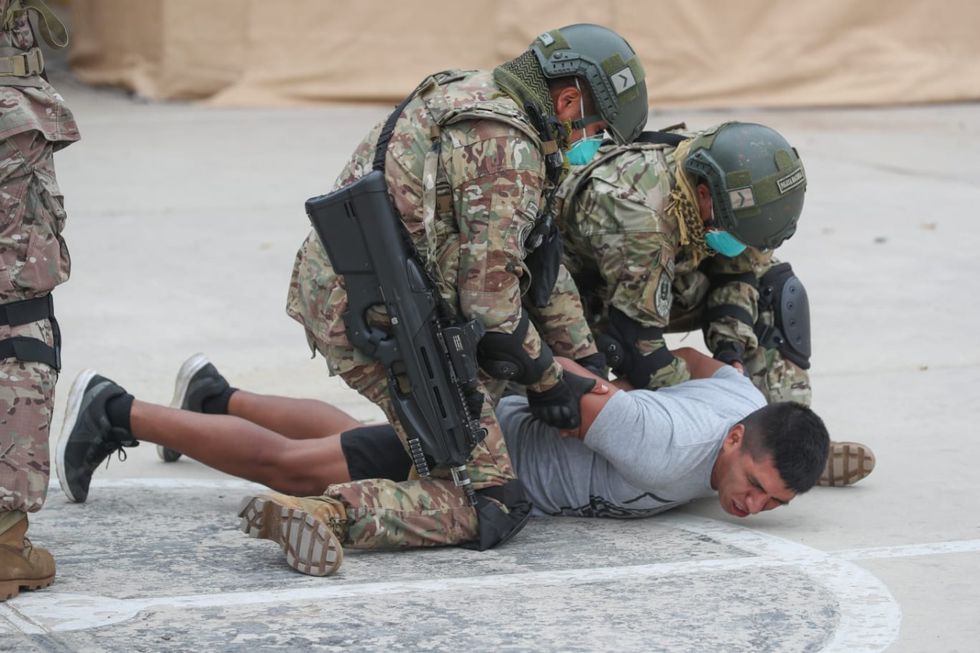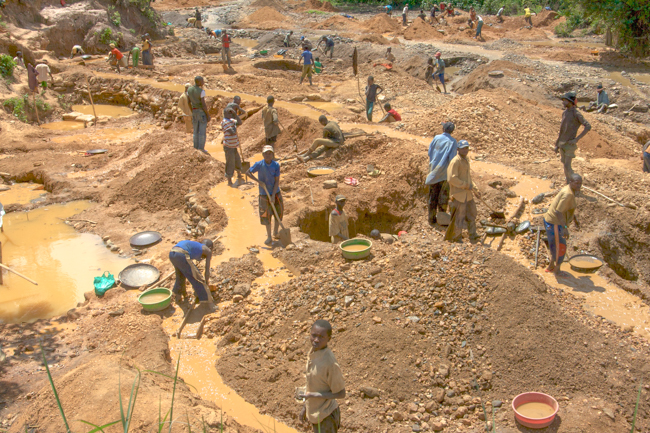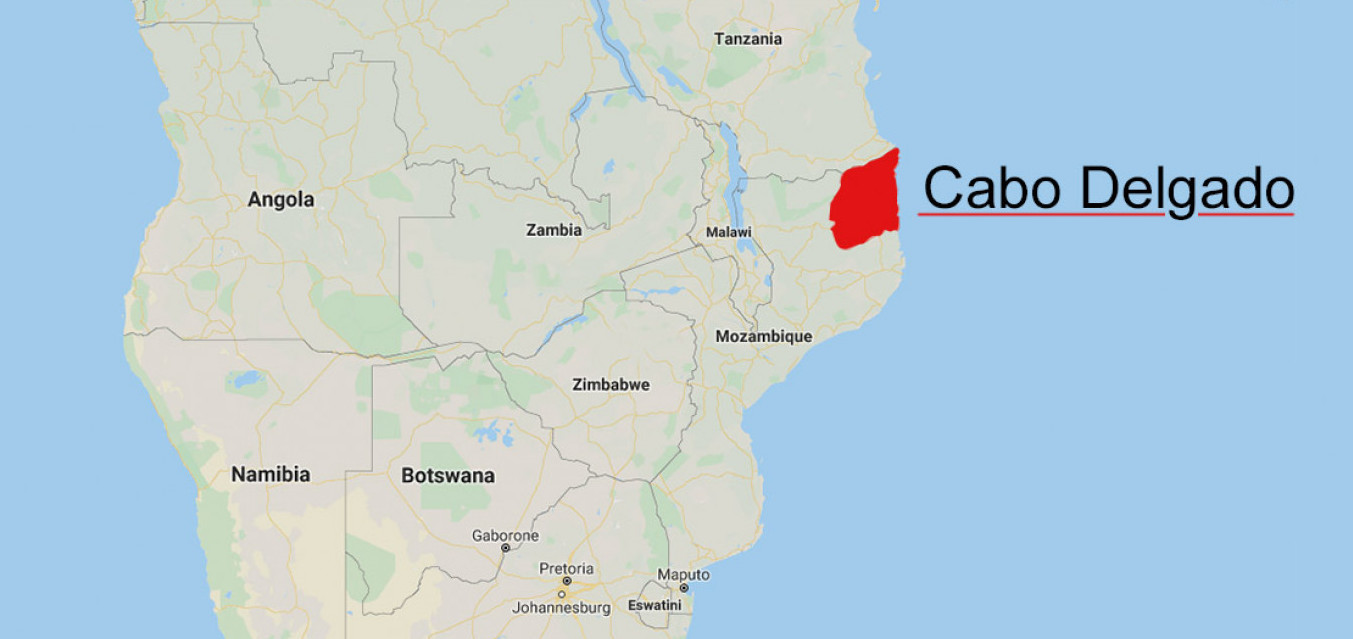
Rwanda’s quick win in Mozambique: how real?
Rwandan and Mozambican troops retook the port city of Mocímboa da Praia from Islamist militants—their last stronghold in Mozambique’s northern Cabo Delgado province. The 1,000 Rwandan troops, who arrived in the country last month to help the government battle a four-year insurgency, have proved their effectiveness in a series of skirmishes. They are also being joined by units from regional neighbors Angola, Botswana, Lesotho, South Africa, Tanzania, and Zimbabwe. But analysts are warning that the insurgents—known colloquially as al-Shabab—are choosing not to stand their ground, preferring to retreat into the countryside. Military force doesn’t address the drivers of the conflict, nor does it prevent ill-disciplined Mozambican troops—who often struggle to distinguish between insurgent and civilian—from stoking further tensions through abuses of the populace. More than 3,000 people have been killed and 820,000 displaced by the conflict. (Map via Moscow Times)




